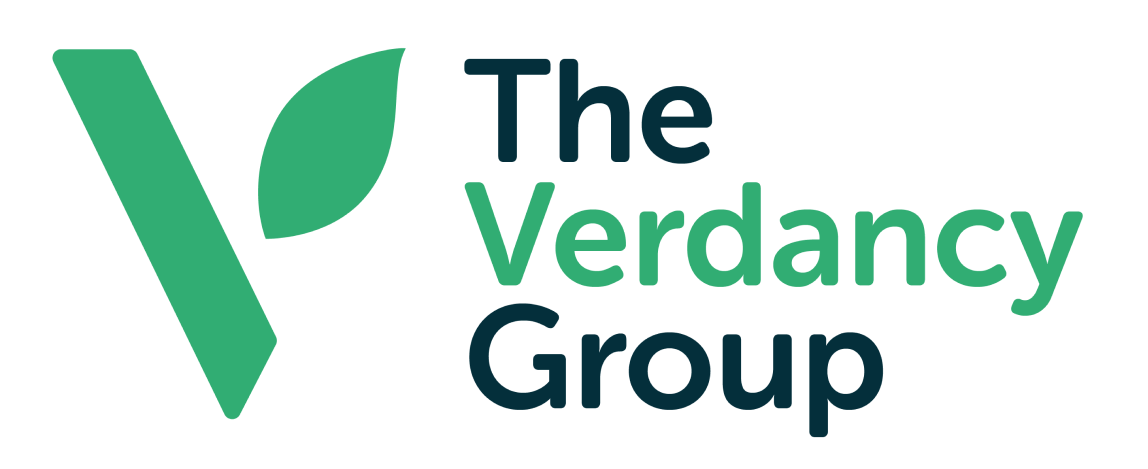Register for FY25
Full-Year Financial and Programmatic Results
Focus on Female Veterans: Finding Precise Solutions to the Transition Home

Today, there are over two million female veterans living in the U.S.—roughly 10% of the 2018 veteran population. Women serve in all areas of the military, from frontline combat to a variety of highly technical and challenging jobs, services, and posts, including service as jet fighter pilots, tank operators, and leaders of elite units like the Green Berets, the Navy SEALS, and the Army’s 75th Ranger Regiment. Just like their male counterparts serving in active combat zones, female soldiers face the same tests of courage, valor, heroism, and—way too often—trauma.
For many veterans, the return home brings its own critical tests. Veterans are twice as likely to be homeless as their civilian counterparts. Many suffer from a variety of issues such as Traumatic Brain Injury, Post Traumatic Stress Disorder (PTSD), and Substance Use Disorder. Many are unable to find jobs, having learned specialized training in the military that does not necessarily translate to civilian skillsets.
For female veterans, these challenges are even more profound. Female veterans suffer double the rates of depression and PTSD than their male counterparts. One in five female veterans report sexual trauma and harassment during their military service. And these are only those who report abuse. Many are reluctant to report because there are not enough structures and processes in place that can satisfactorily mitigate past abuse or offer the much-needed support to recover from the resulting trauma.
Female veterans are also more often challenged than their male counterparts as single heads of households. Finding and affording childcare, juggling the needs of family, housing, healthcare, transportation, and education are more likely to be the domain of female veterans than their male counterparts.
More and more women are joining the military. The projected numbers are that in the next 10-20 years, the female veteran population will be upwards of 18% of all veterans. Stigma about women veterans not counted as “real” veterans, a lack of proportional services for returning female vets, and not enough support for issues around sexual abuse all add up to both the cultural and practical necessity to improve and make widespread the urgency of increased awareness and solutions for female veterans.
On March 27th,we are launching our 15th Solution Series forum: Women Veterans Transitioning to Civilian Life. This event, held at the Mutual of America building on Park Avenue in Manhattan will feature a panel of experts on the issues facing women veterans. Together they will explore the challenges and generate a dialogue on what and how we in business and social services can do to offer precise solutions to the issues facing women vets. We will learn what mechanisms currently exist and how we can create scalable and replicable solutions for our returning heroes. We can be part of the solution.
I urge you to join us for this profound discussion.
Share on
Share on facebookShare on googleShare on twitterShare on linkedin
-min.avif)


